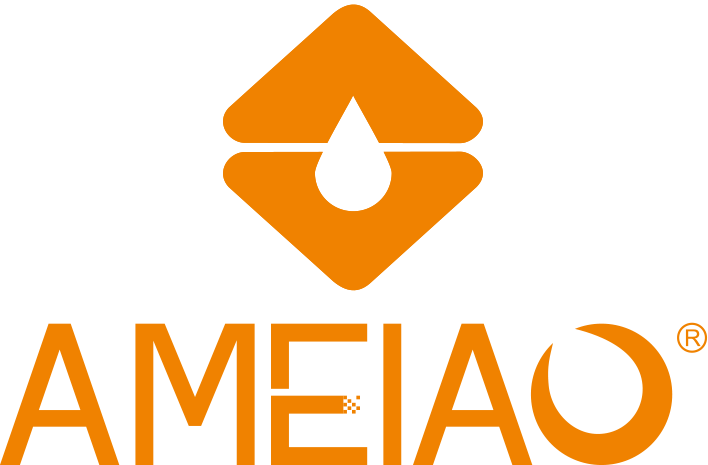Are Kitchen Sinks Aluminum Or Stainless Steel?
When choosing a Kitchen Sink, one common question buyers have is whether sinks are made of aluminum or stainless steel. Understanding the differences between these two materials helps homeowners and procurement managers make informed decisions about durability, maintenance, and overall performance.
Aluminum kitchen sinks
Although less common, aluminum sinks do exist. They are typically lightweight and lower in cost compared to stainless steel options. However, they come with several limitations:
Durability: Aluminum is softer than stainless steel, making it more prone to dents, scratches, and warping under heavy use.
corrosion resistance: While aluminum naturally forms a protective oxide layer, it is more vulnerable to staining and long-term corrosion, especially in contact with harsh cleaning chemicals.
Heat Resistance: Aluminum sinks can withstand moderate temperatures, but prolonged exposure to heat may cause discoloration.
Market Availability: Aluminum sinks are relatively rare in modern kitchens and are more often used in temporary or budget-sensitive installations.
Stainless Steel Kitchen Sinks
Stainless steel remains the industry standard and the most widely used material for kitchen sinks worldwide. Its popularity comes from a combination of performance and long-lasting value.
Strength and Durability: Stainless steel is harder and more resistant to dents compared to aluminum, making it ideal for heavy daily use.
Corrosion Resistance: High-quality stainless steel, especially 304 or 316 grades, offers excellent protection against rust, stains, and chemicals.
Heat Resistance: It can endure boiling water and hot cookware without warping or discoloration.
Aesthetic Appeal: Stainless steel sinks maintain a modern, polished look that suits various kitchen styles, from residential homes to commercial kitchens.
Noise Reduction: Many manufacturers add undercoating or sound-dampening pads to reduce noise from running water and dishes.
Wide Availability: Stainless steel sinks are offered in numerous designs, gauges (thicknesses), and finishes, giving buyers more flexibility in customization.
Which Is Better?
For most homeowners, contractors, and international buyers, stainless steel is the superior choice for kitchen sinks. Its unmatched combination of strength, corrosion resistance, and longevity makes it far more reliable than aluminum. While aluminum may appeal to those seeking low-cost and lightweight options, stainless steel provides the performance and aesthetics needed in modern kitchens.
Conclusion
Kitchen sinks can be made from both aluminum and stainless steel, but stainless steel dominates the global market due to its durability, resistance to corrosion, and versatile design options. If you are sourcing kitchen sinks for long-term use, stainless steel—especially in 304-grade quality—is the material most trusted by suppliers and buyers alike.
Previous: What Is An Apron Sink?



 Mobile Phone:
Mobile Phone:


